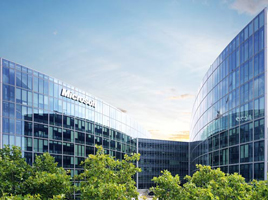An important part of your company’s ERP strategy should be to regularly measure the effectiveness of an incumbent system against alternative ERP solutions. If there is sufficient evidence suggesting the system is under performing against the alternatives then it is almost certainly time to consider upgrading.

The first factor to take into account is the length of time your system has been installed. Many analysts recommend upgrading an ERP solution after five years, especially in a small business environment. They argue that although the software will still meet your original business needs, you won’t have access to improved code or the latest business intelligence improvements.
Your ERP upgrade strategy should take into account any functional limitations your company is currently experiencing. For example, older systems can have difficulty dealing with online integration and more recent engineering concepts. Additionally, older systems may not be able to properly handle collaboration requirements related to Bills of Material and outside processing.
It may be time to consider an upgrade if you are starting to experience problems with system integration. This often occurs when an ERP system has been modified over the years to deal with various business processes and third-party applications. The software becomes harder to use, which in turn slows everything down.
One final factor to keep in mind with your ERP upgrade strategy it’s typically advisable to structure and update during a quiet period in the business cycle. This should allow you to work through any teething problems when stress on the system is at its lowest.






